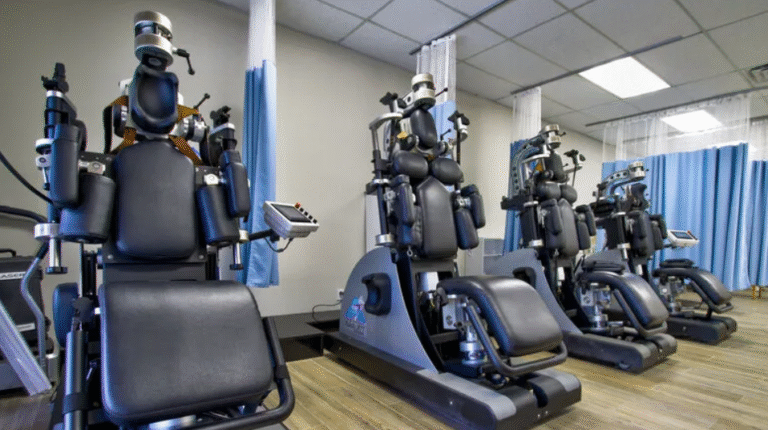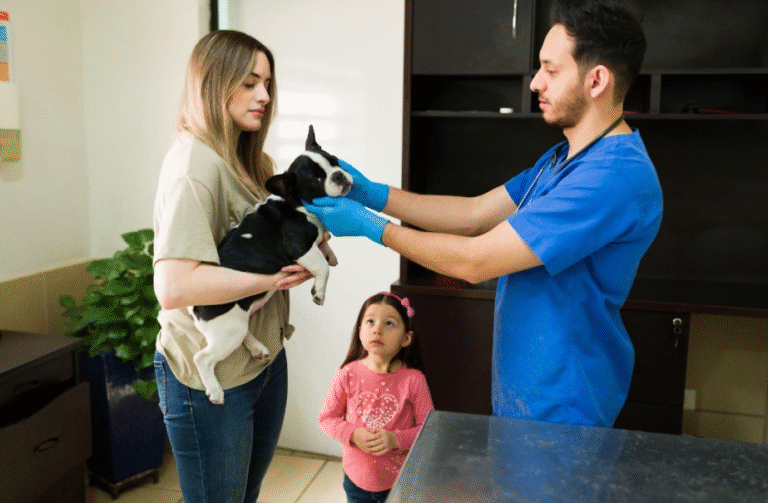How Kennel Management Courses Improve Animal Welfare Standards
Animal welfare is at the heart of responsible care, whether in professional kennels, training facilities, or rescue organizations. Proper management goes beyond providing food and shelter; it includes ensuring safe environments, humane treatment, and structured care routines. To achieve these standards, specialized education is essential. Enrolling in dog kennel courses in Columbus equips future professionals with the skills to prioritize health, safety, and overall well-being. Through these courses, handlers gain the knowledge needed to raise welfare standards and prepare for meaningful careers in animal care.
The Role of Structured Kennel Management
Kennel management involves more than supervision; it requires systematic organization of feeding, cleaning, health monitoring, and training schedules. Poorly managed kennels can lead to overcrowding, stress, and unsanitary conditions, all of which negatively impact animal welfare. Courses that focus on structured practices teach participants to create environments where dogs thrive physically and emotionally.
By learning best practices, handlers ensure that kennels remain safe, hygienic, and conducive to healthy development. This structured approach also reduces risks of disease spread and promotes consistency in daily routines, which is essential for animal comfort.
How Education Elevates Animal Care
Education is the foundation of high-quality animal welfare. Kennel management courses introduce future caretakers to advanced techniques such as behavior observation, stress reduction, and enrichment activities. These lessons go beyond the basics of care, helping handlers understand the importance of mental stimulation and socialization in addition to physical health.
Professionals who undergo this training are also taught to identify early signs of illness or distress. Timely intervention not only prevents suffering but also improves recovery outcomes. This level of awareness directly raises welfare standards within any kennel environment.
Linking Training to Career Opportunities
Kennel management education also prepares individuals for professional growth. The animal care industry continues to expand, and those with specialized training have a clear advantage. Many who complete these programs move into rewarding roles within boarding facilities, training centers, and even law enforcement support units.
For anyone planning a long-term future in animal services, understanding the wide range of careers in the K9 industry demonstrates how kennel management skills form a strong stepping stone. This knowledge highlights how education connects directly to professional advancement while continuing to prioritize animal welfare.
See also: How AC Installation Affects Indoor Air Quality and Health
Building a Culture of Responsibility
Beyond practical skills, kennel management courses instill a culture of responsibility. Students learn that welfare is not only about compliance with rules but also about ethical commitment. By fostering empathy and discipline, these courses encourage handlers to treat animals with respect and care.
This mindset influences the broader industry as trained professionals carry these standards into every environment they enter. Over time, consistent practices contribute to raising welfare benchmarks across kennels nationwide.
Conclusion
Kennel management courses are vital in improving animal welfare standards. They equip handlers with knowledge of structured care, first-hand experience in identifying health concerns, and an understanding of the ethical responsibilities that come with working in animal facilities. By integrating education with practical skills, these programs ensure healthier, safer environments for dogs while also shaping professionals ready to lead in the field. The result is a stronger commitment to animal well-being and higher standards across the canine care industry.






